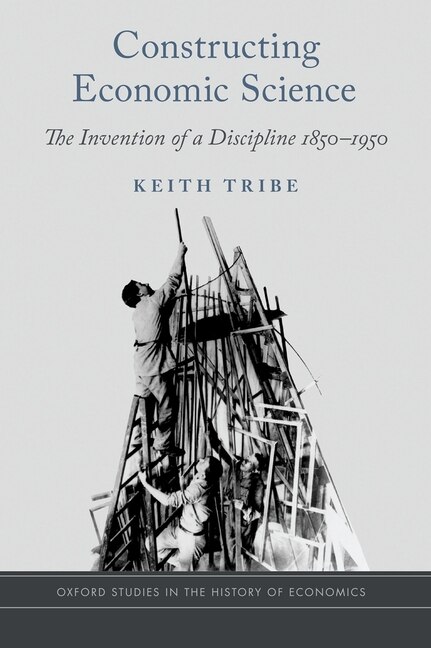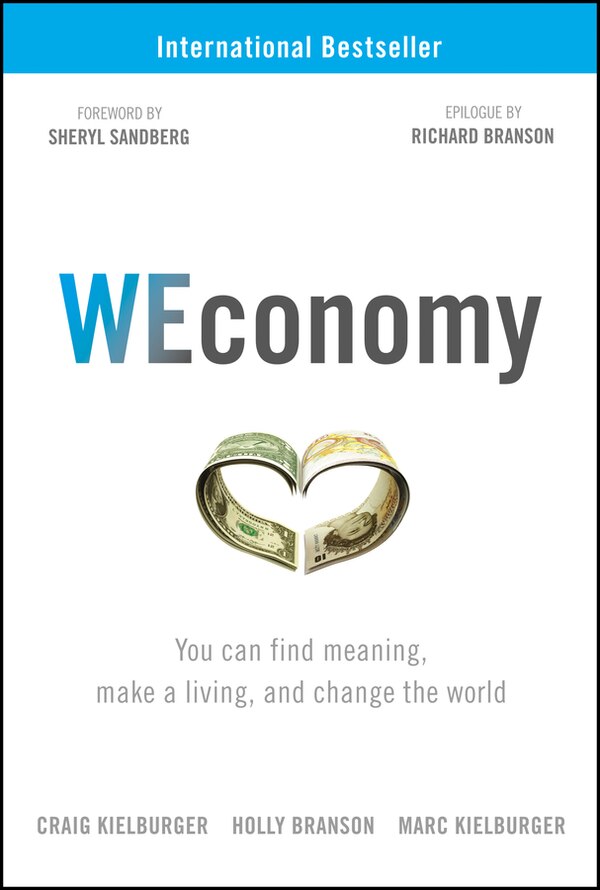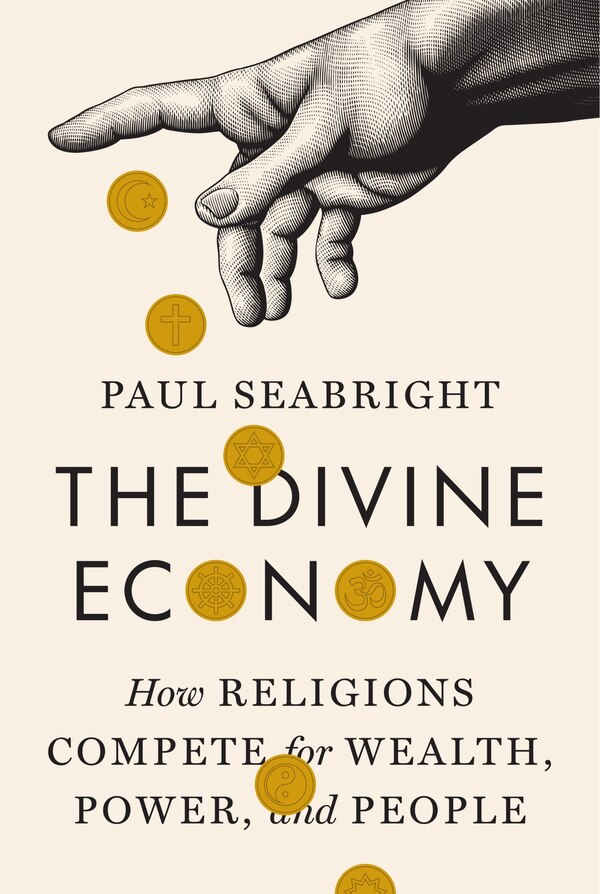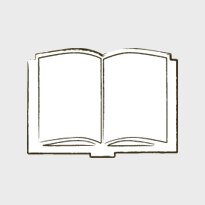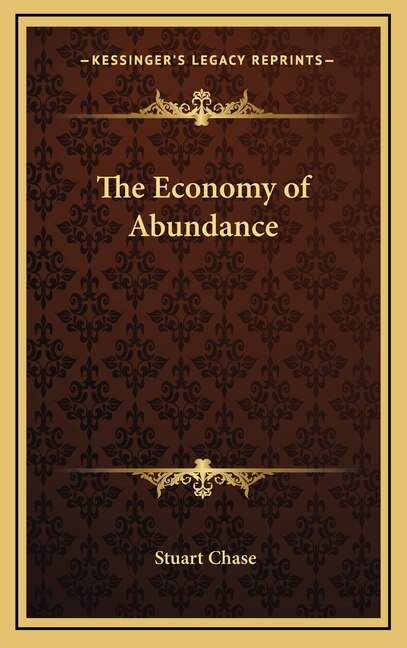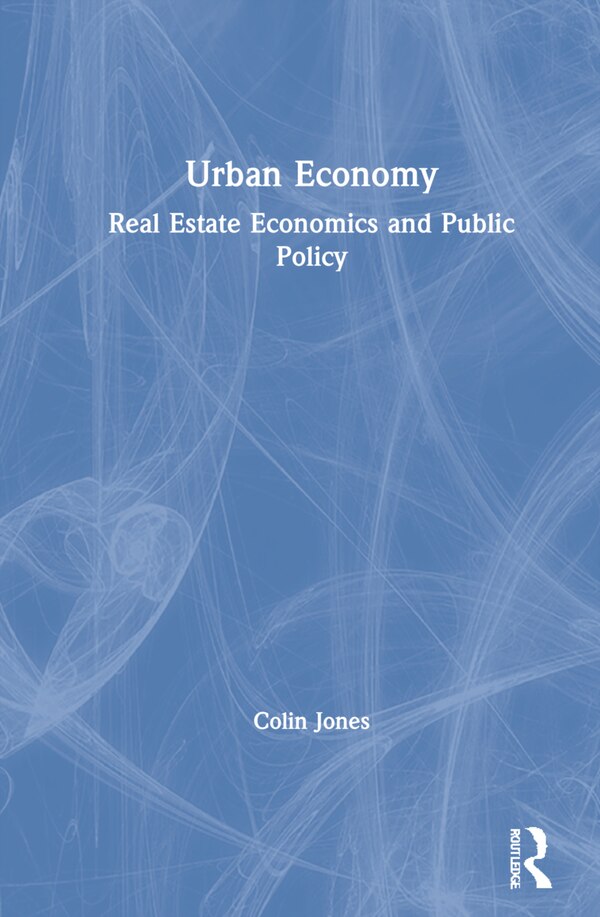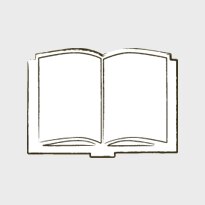Home
The Economy of the Word by Keith Tribe, Hardcover | Indigo Chapters
Loading Inventory...
Coles
The Economy of the Word by Keith Tribe, Hardcover | Indigo Chapters
From Keith Tribe
Current price: $157.78


Coles
The Economy of the Word by Keith Tribe, Hardcover | Indigo Chapters
From Keith Tribe
Current price: $157.78
Loading Inventory...
Size: 28 x 239 x 600
*Product information may vary - to confirm product availability, pricing, shipping and return information please contact Coles
It was only in the sixteenth century that texts began to refer to the significance of "economic activity" - of sustaining life. This was not because the ordinary business of life was thought unimportant, but because the principles governing economic conduct were thought to be obvious oruncontroversial. The subsequent development of economic writing thus parallels the development of capitalism in Western Europe. From the seventeenth to the twenty-first century there has been a constant shift in content, audience, and form of argument as the literature of economic argumentdeveloped. The Economy of the Word proposes that to understand the various forms that economic literature has taken, we need to adopt a more literary approach in economics specifically, to adopt the instruments and techniques of philology. This way we can conceive the history of economic thought tobe an on-going work in progress, rather than the story of the emergence of modern economic thinking. This approach demands that we pay attention to the construction of particular texts, showing the work of economic argument in different contexts. In sum, we need to pay attention to the "economy ofthe word".The Economy of the Word is divided into three parts. The first explains what the term "economy" has meant from Antiquity to Modernity, coupling this conceptual history with an examination of how the idea of national income was turned into a number during the first half of the twentieth century. Thesecond part is devoted to Adam Smith's Wealth of Nations, considering first the manner in which Smith deals with international trade, and then the way in which the book was read in the course of the nineteenth century. Part III examines the sources used by Karl Marx and Leon Walras in developingtheir economic analysis, drawing attention to their shared intellectual context in French political economy. | The Economy of the Word by Keith Tribe, Hardcover | Indigo Chapters

